Team

Zongxiong Chen
Doctoral Researcher
Zongxiong Chen is a doctoral researcher at Fraunhofer FOKUS. He is mainly involved in the projects NFDI4DataScience and NFDI4Cat.

Sefika Efeoglu
Doctoral Researcher
Sefika Efeoglu is a doctoral researcher at Technical University of Berlin. She is mainly involved in the project 'A Digital Research Space for the BUA'.

Christine Hennig
Researcher
Christine Hennig is a researcher at Fraunhofer FOKUS. She is coordinating the project NFDI4DataScience.
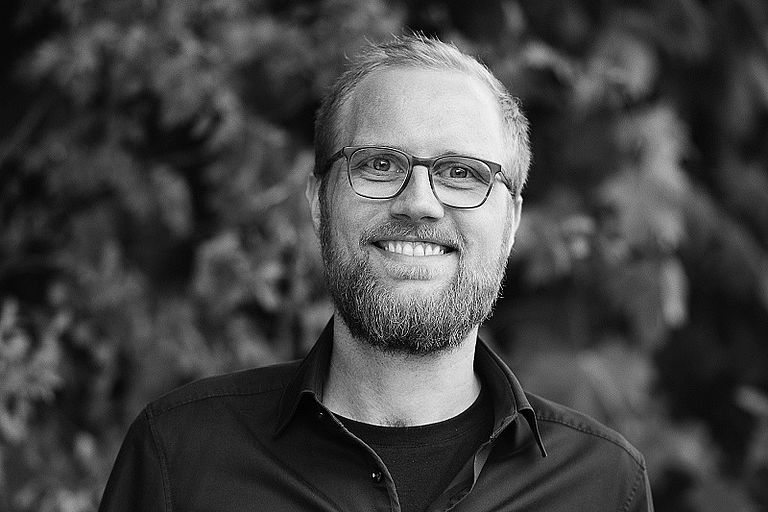
Fabian Kirstein
Doctoral Researcher
Fabian Kirstein is a doctoral researcher at the Weizenbaum Institute and at Fraunhofer FOKUS. He graduated from the HTW Berlin in Applied Computer Science. His work focuses on Open Data, interactive web platforms, service-oriented architectures and decentralised data management. In those domains, he participated in national and international research and industry projects, e.g. European Data Portal and International Data Spaces. In his research, he focuses on provenance and traceability in decentralized data ecosystems.
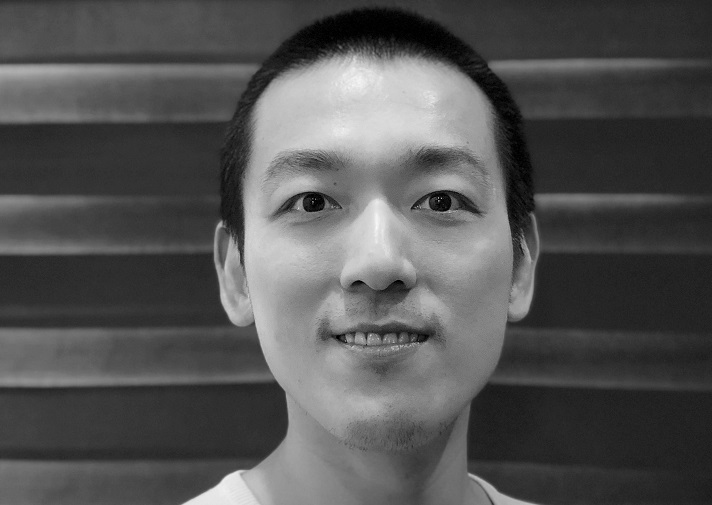
Qian Liu
Doctoral Researcher
Qian Liu is a doctoral researcher at the Weizenbaum Institute and at Fraunhofer FOKUS. Before joining the research group, he was working in the Open Distributed Systems (ODS) group at TU Berlin. His research interests include: incomplete provenance graph recovery, image provenance analysis, missing data handling methods, image scene graph generation, computer vision, multimodal learning, generative adversarial networks, deep metric learning, few shot learning, deep representation/feature learning, life long/incremental learning. Before pursuing his PhD, Qian obtained two MSc. degrees: Computer Science and Applied Mathematics at University of Bern and Management, Economics and Technology at ETH Zurich.

Yue Zhang
Doctoral Researcher
Yue Zhang is a doctoral researcher at Technical University of Berlin. He is mainly involved in the projects NFDI4Cat and NFDI4DataScience.
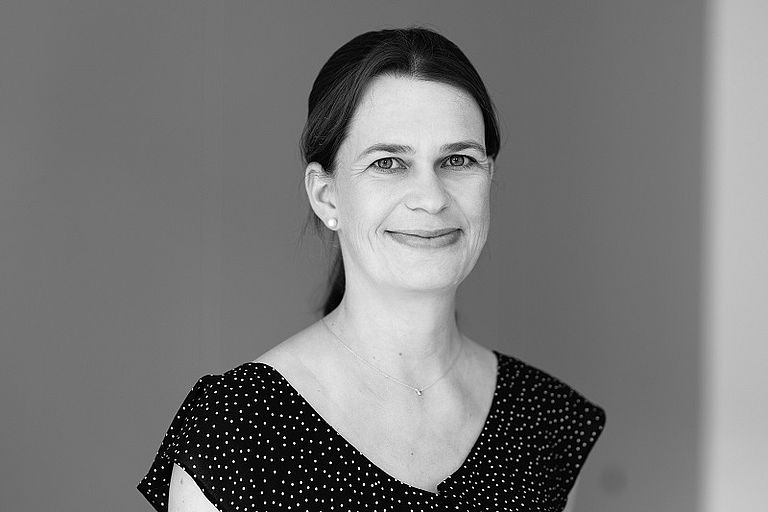
Prof. Dr. Sonja Schimmler
Group Lead
Sonja Schimmler is a visiting professor for research data infrastructure at Technical University of Berlin. At the same time, she is research group lead at Fraunhofer FOKUS. Her research focuses on the digitalization and opening up of science. She puts a special emphasis on research data infrastructures. Her research interests range from Semantic Web and Linked Data over Data Science and Artificial Intelligence to Software Engineering and Human-Centered Computing. She studied computer science at the Technical University of Munich and at the Georgia Institute of Technology (USA) and received her doctorate at the University of the Federal Armed Forces in Munich.

Prof. Dr. Manfred Hauswirth
Principal Investigator
Manfred Hauswirth is the managing director (CEO) of the Fraunhofer Institute for Open Communication Systems (FOKUS) and a full professor for “Open Distributed Systems” at the Technical University Berlin. Before he had been deputy director of the Digital Enterprise Research Institute (DERI, now DSI) and a professor at the National University of Ireland, Galway. His research is on distributed information systems, Internet of Things, data stream processing and Linked Data, semantics and AI. He has won several international awards for his work in these areas and is active in many scientific and political committees around digitization.
Fellows
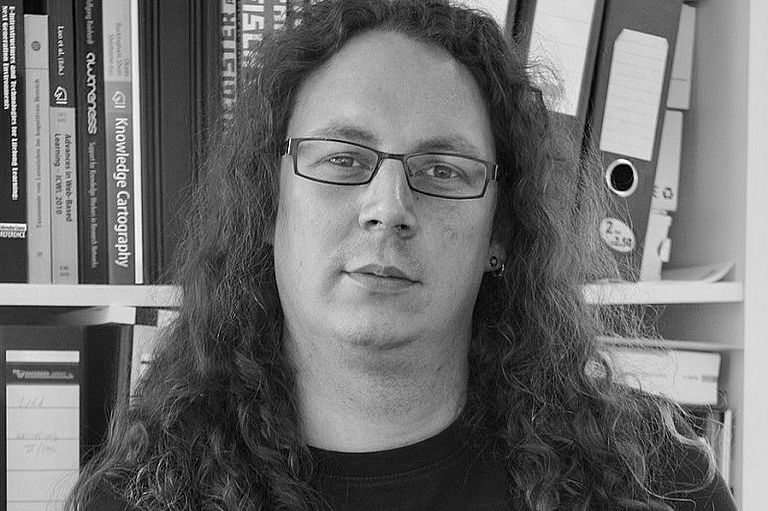
Prof. Dr. Mathieu d'Aquin
Associated Researcher
Mathieu d'Aquin is established professor at University of Lorraine. Previously, he was established professor of data analytics at the National University of Ireland Galway (NUI Galway), director of NUI Galway's Data Science Institute and site director for the Insight Centre for Data Analytics. Before joining NUI Galway in 2017, he was a senior research fellow at the Knowledge Media Institute of the Open University in the UK, and received his Ph.D. in Artificial Intelligence from the University of Nancy, France, in 2005. His main background is in artificial intelligence, focusing especially on knowledge engineering, knowledge discovery and semantic technology-based approaches. He has worked on fundamental and applied aspects of ontology engineering, the semantic web and linked data, including domains such as education, digital humanities, medicine and smart cities. He currently has a particular interest in the notion of shared data and knowledge infrastructures, in how knowledge methods can complement more data-centric approaches to AI, and in tackling the ethical implications of the application of AI technology.

Leonard Mack
Associated Researcher
Leonard Mack is an associated researcher of the research group and scientist at Fraunhofer FOKUS. Having studied in Oxford, Trier, and St. Paul (USA), he has a rich background in political science, law, public administration, and computational social science. Leonard focuses on how data infrastructures are deployed, embedded and employed in different sectors.
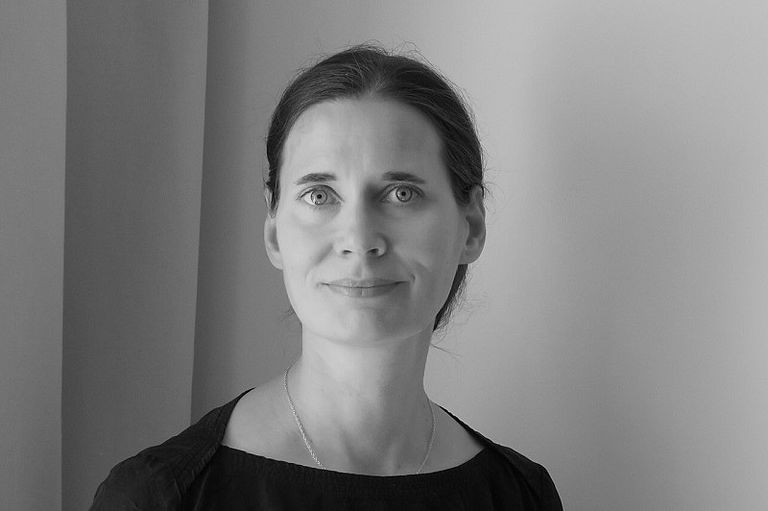
Prof. Dr. Isabel Steinhardt
Associated Researcher
Isabel Steinhardt is professor for 'Educational Sociology' at the University of Paderborn since 2021. Previously, she was a postdoc researcher at the University of Kassel since 2018. She was also a member of the Competence Centre for Empirical Research Methods at the University of Kassel and offered advice on qualitative research methods since 2015. The blog "Sozialwissenschaftliche Methodenberatung“ originated from this activity. Isabel was also a visiting scholar at Melbourne University in 2015 and at Universidad Católica Santiago de Chile in 2020.
Former

Sebastian Urbanek
Doctoral Researcher
Sebastian Urbanek was a doctoral researcher at the Weizenbaum Institute and at Fraunhofer FOKUS. He studied computer science at BHT Berlin. In his research, Sebastian investigated the use of machine translation for metadata describing research artefacts, including scientific publications and research data. The aim was to improve the findability and accessibility of knowledge and to promote open data. He is now a researcher at BHT Berlin.

Bianca Wentzel
Researcher
Bianca Wentzel was a researcher at Fraunhofer FOKUS. She was mainly involved in the projects NFDI4Cat and NFDI4DataScience.
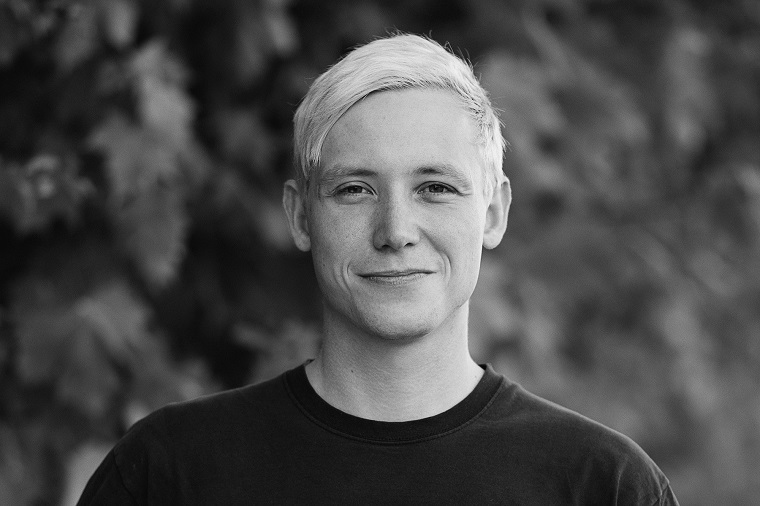
Hannes Wünsche
Doctoral Researcher
Hannes Wuensche was a doctoral researcher at the Weizenbaum Institute and at Fraunhofer FOKUS. He studied Chemistry and Science Studies at HU Berlin. In his research, Hannes investigated norms of digital participatory knowledge practices and their impact on valuation and quality of research results. His objects of interest were Citizen Science projects, which describe themselves as open-democratic forms of knowledge production, based on digital participation technologies. He is now a researcher at RKI.
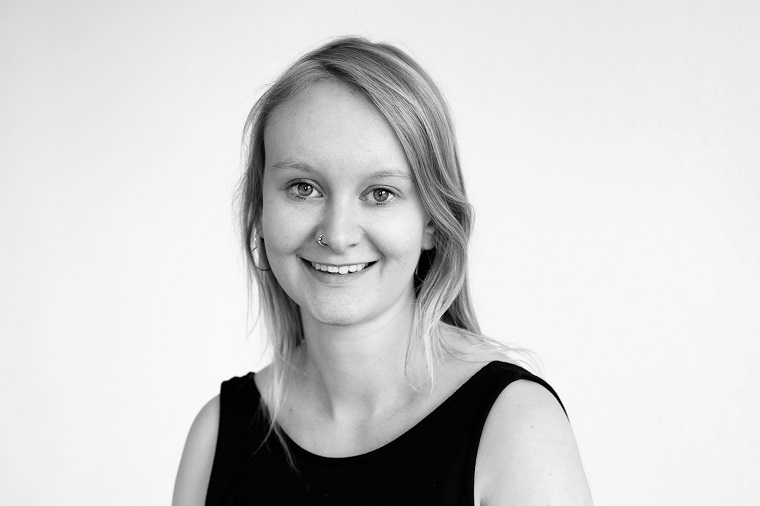
Mareike Bauer
Student Assistant
Mareike Bauer was a student assistant at the Weizenbaum Institute and at Fraunhofer FOKUS. She holds a Bachelor’s degree in Library and Information Science and in Political Science, and a Master’s degree in Social Science from HU Berlin. She is now a doctoral researcher at European University Viadrina.

Carlos Franzreb
Student Assistant
Carlos Franzreb was a student assistant at the Weizenbaum Institute and at Fraunhofer FOKUS. He holds a Bachelor’s degree in Information Technology and a Master’s degree in Computer Science from TU Berlin. He is now a doctoral researcher at DFKI.
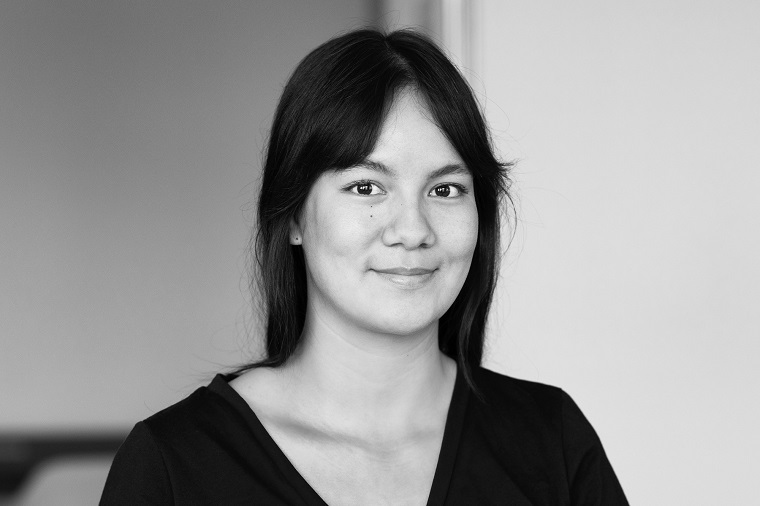
VyVy Tran Ngoc
Student Assistant
Vyvy Tran Ngoc was a student assistant at the Weizenbaum Institute and at Fraunhofer FOKUS. She holds a Bachelors's degree in Computer Science from HTW Berlin.